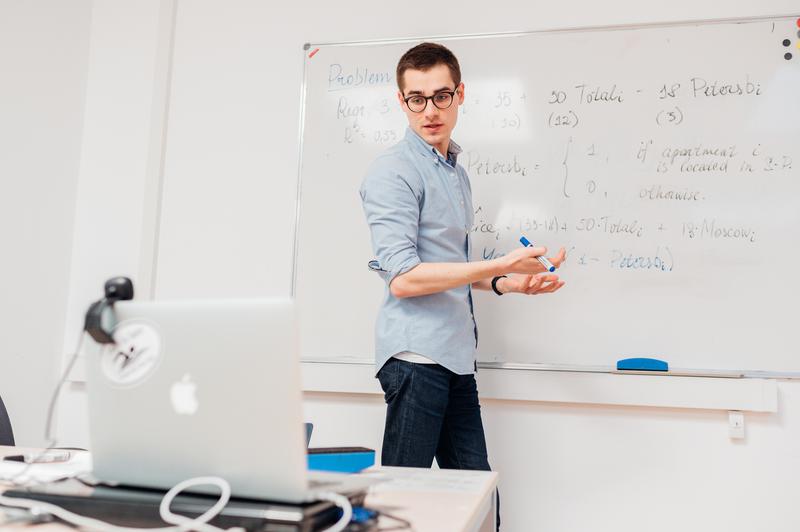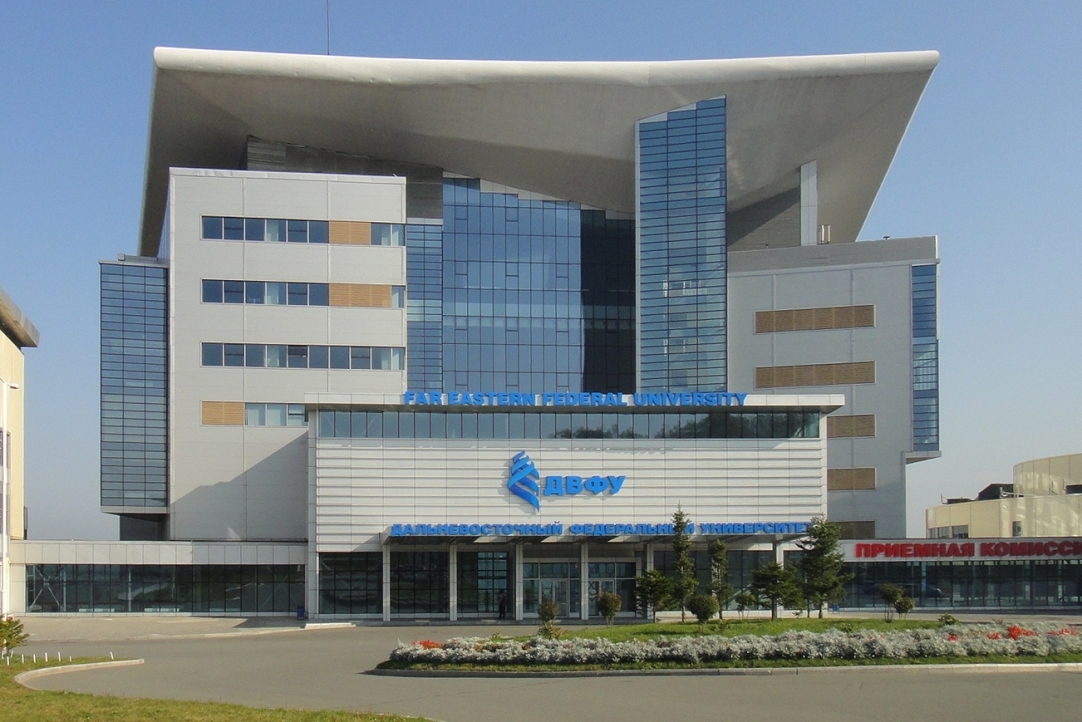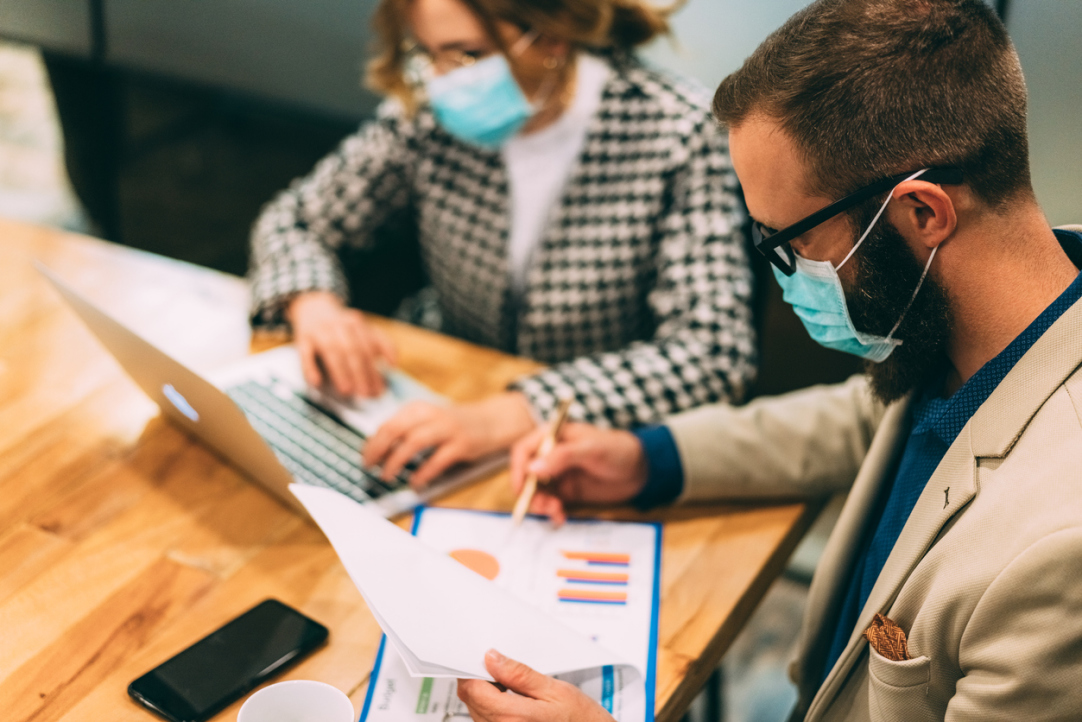
Academics Started Working Even More During the Pandemic
Academics’ work week became even longer during the pandemic. This is true of researchers from different countries, independently of their gender and specialisation, an international research team with HSE University participation found. Their working time during the pandemic was 51 hours compared to the usual 40. The increased number of working hours per week seems to have become part of the new academic norm. The results of the study were published in the Plos One journal.

Scholars from Moscow and Vladivostok Join Efforts to Study Institutes and Preferences in Economic Behaviour
Applications from HSE departments for the ‘Mirror Laboratories’ open project competition are open until May 20. One of the ‘mirror laboratories’ successfully operating today was created as a result of a similar competition in 2020 by economists from HSE University and Far Eastern Federal University (FEFU) to study institutes and preferences in economic behaviour. Alexis Belianin, Head of the HSE International Laboratory for Experimental and Behavioural Economics, talked about how peers from Moscow and Vladivostok collaborate.

Lockdown by Algorithm: A Proposed Model Calculates Optimal Restriction Levels
During the pandemic, countries have endeavoured to protect their citizens without hurting their economies with excessive restrictions. At the seminar ‘Living with Covid-19: Optimal Lockdown Policies’, Hubert Kempf, academic supervisor of HSE University’s International Laboratory for Macroeconomic Analysis, presented a mathematical model that can be used to calculate the optimal level of restrictions.
